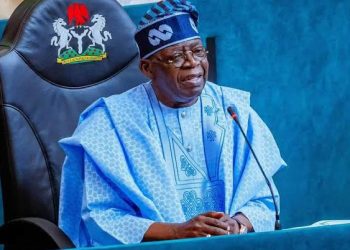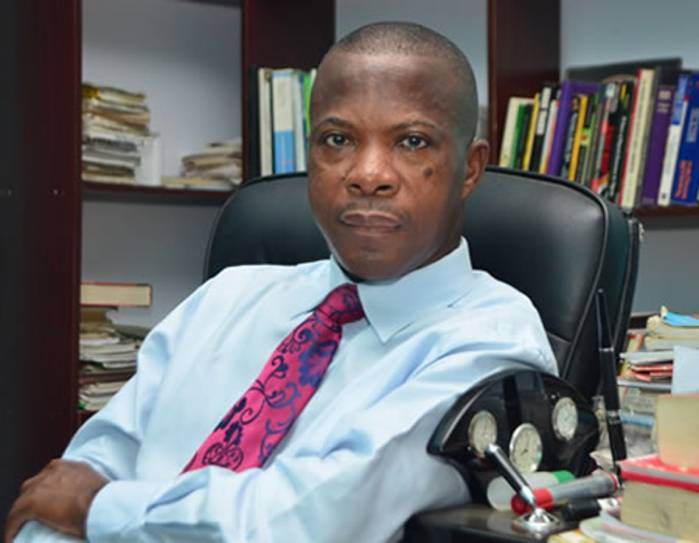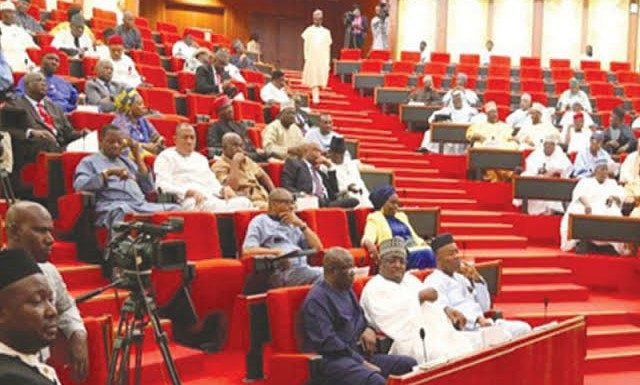The Federal Ministry of Communications, Innovation and Digital Economy has unveiled a Digital Village in the Ibwa 2, Kura community of Gwagwalada Area Council, Abuja, as part of its effort to expand digital access to underserved rural areas.
The project, launched in partnership with Huawei Nigeria and Globacom, provides high-speed internet, e-learning tools, and telemedicine access, with the aim of transforming remote communities into digitally enabled environments.
Minister of Communications, Innovation and Digital Economy, Dr. Bosun Tijani, who led the commissioning, linked the initiative to President Bola Ahmed Tinubu’s directive for inclusive digital development.
“We are privileged to have a President who is committed to the development of every Nigerian, no matter where they are,” Tijani said. “This project was mandated by President Bola Ahmed Tinubu to ensure every citizen has access to the opportunities digital technology offers.”
Tijani held up a mobile phone during the launch, describing it as a “window to the world,” capable of linking individuals to family, financial tools, education, and healthcare. However, he noted that for over 20 million Nigerians, particularly in northern regions, such access remains elusive due to limited connectivity infrastructure.
“This is why the President has directed investments in 7,000 connectivity kits like the one installed here,” he said. “Kura community is the first to benefit, and if we use it wisely, more will come.”
The Digital Village includes free public Wi-Fi, internet-connected schools equipped with Huawei’s IdeaHub boards, and digital health centres with telemedicine capabilities, all powered by solar energy systems.
Tijani acknowledged Huawei Nigeria for its broader support beyond connectivity infrastructure. The company also provided learning devices, trained teachers, and renovated the local school, integrating smart education features such as remote learning. Local hospitals have also been fitted with general practice medical kits, workstations, and Huawei’s IdeaHub systems to support telemedicine in response to shortages of teachers and doctors in remote areas.
“They’ve gone beyond connectivity. They’re investing in people,” he said.
Terrens Wu, Enterprise Managing Director at Huawei Nigeria, said the project’s core aim is to improve lives, not just deploy technology.
“Digital village is not just about technology, it is about people. Farmers can check prices, students can study online, and pregnant women can receive medical care advice—all from their phones. This is how we change lives,” Wu said. “It’s about tearing down barriers.”
He described the initiative as resting on three main pillars: connectivity, education, and healthcare.
Kazim Kaka, Globacom’s Northwest Division Head, reinforced the project’s wider goals.
“This is not just telecom—it’s about giving every Nigerian a fair chance to thrive in the digital age,” he said, stressing the role of sustainable public-private partnerships in addressing rural digital gaps.
Traditional ruler of Ibwa 2 Kura, Alhaji Abubakar Shuaibu, expressed gratitude for the development, noting its impact on the community.
“Our village looks like London today,” he said. “We have network, gadgets, and even a renovated school and hospital. Though we still need more staff and teachers, this is a giant leap forward.”
The Digital Village in Kura now serves over 12,000 residents. The Ministry indicated that more communities will be included in subsequent phases of the project.












